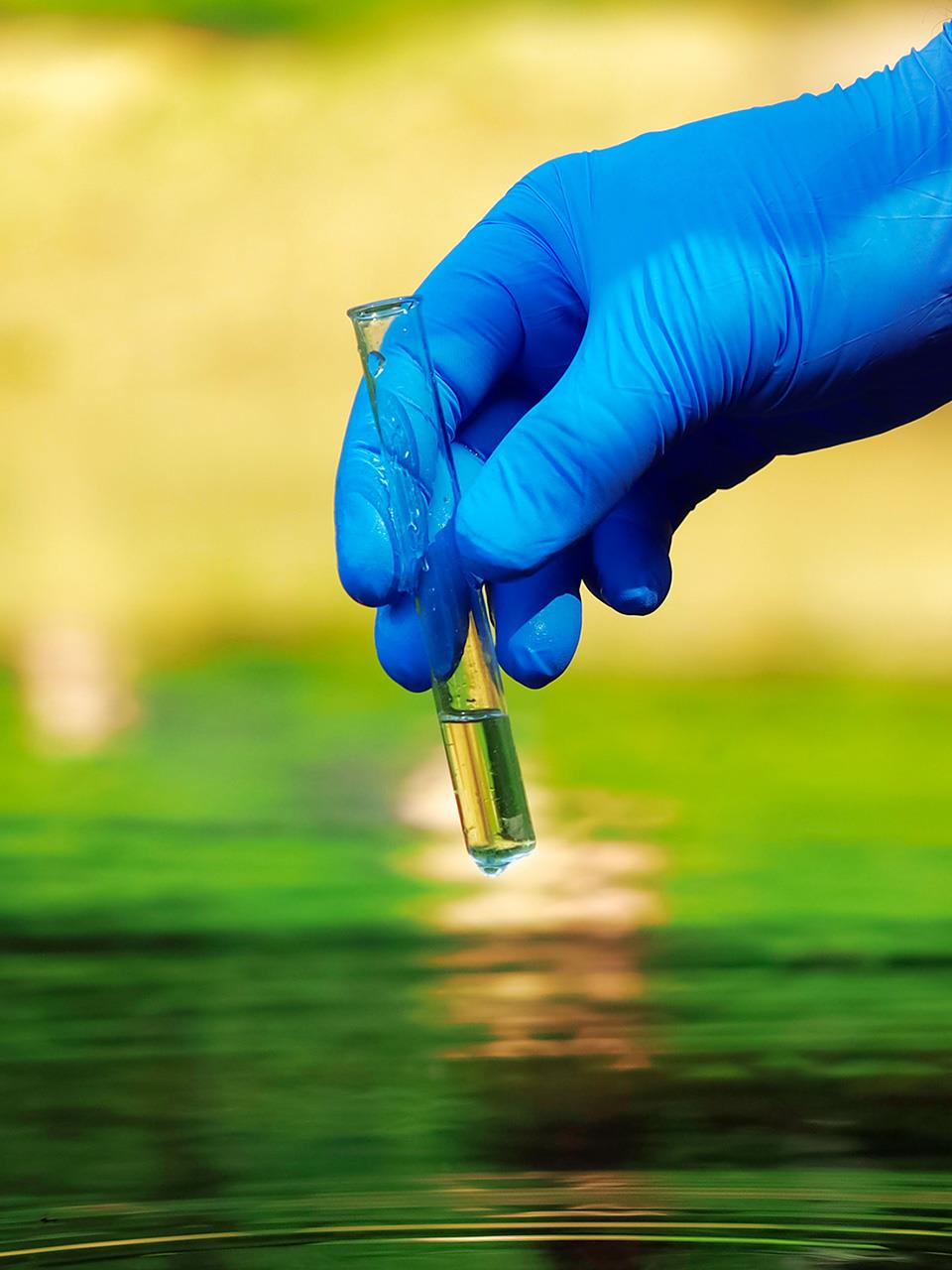
Tap to Read ➤
Toxicologist Job Description
Kundan Pandey


The field of toxicology deals with the ill-effects that various chemical substances may have on living organisms. Careers in this fast-growing field are just apt for people, who love to spend hours experimenting in the laboratories or doing fieldwork.

In the recent past, concerns about environmental pollution have reached alarming levels. Everyday, tons of toxic wastes are discharged into the environment through various sources such as chemical plants, metal works, oil refineries, and power stations.

Toxic metals like mercury or cadmium, discharged into the rivers and seas, are extremely harmful to the terrestrial as well as to the marine life. The increasing threat of toxicity in the air, water, and soil is an issue that needs to be addressed through scientific study, so that the menace caused by toxic/poisonous substances can be effectively curbed.

Understanding the effects of toxic substances on the health of human beings, animals, and plants, is the basic duty of a professional toxicologist.

Recent trends have shown that a job of a toxicologist is one of the top preferences of students, pursuing courses in the field of environmental engineering, medicinal chemistry, forensic sciences, biochemistry, and so on. Moreover, it is also popular as a career option for people who are passionate about doing their bit for safeguarding our environment against pollution. There are great career opportunities for toxicologists in various sectors like pharmaceuticals, clinical studies, and forensic science, to name a few.

Job Description
Scientific analysis of the presence of toxic substances in the environment is the most important aspect of a toxicologist's job. Simply stated, they are expected to carry out research works related to the potential threats of harmful and toxic substances on health and environment.

They also study the effects of growing dangers of radiation to our environment, caused predominantly by the exposure of radioactive substances. After studying the harmful effects of external agents like chemicals, they find possible ways to reduce the risk of these threats. Some of their duties are as follows:

➞ To identify harmful substances, which may adversely affect the animal and plant life. The identification can be carried out by conducting laboratory and field tests.

➞ To examine the effects of drug overdoses on human and animal bodies.

➞ Assessment of safety by using specialized techniques such as in vivo and in vitro tests, immunology, and molecular biology.

➞ To prepare reports, in order to highlight the risks that the toxic materials may pose to life and the environment, and submit the same, along with a list of safety measures, which may be employed to deal with the problem.

➞ To work with various environmental agencies on projects concerning the environment.

➞ To assist the forensic agencies with regards to criminal cases, where toxic chemicals like poison have been used to commit a crime.

➞ To carry out risk assessment in pharmaceutical companies, and to assess if the newly manufactured drugs and medicines are non-toxic to consumers.

➞ To attend technical seminars and workshops related to environmental topics and issues.

➞To examine, analyze, and evaluate statistical information and to research scientific papers, so as to reach the core of the issue.

➞ To predict how the various chemicals might behave in a given ecosystem in the long run.

➞To write scientific research papers, to make presentations about the findings, and, in case of forensic examinations, to present evidences in the court of law.

➞ To contact the various regulatory bodies, and to check whether the local, national, and international safety regulations are being complied with.

With an increase in the health conscious population, the importance of toxicology, as a field of study, has grown significantly. This is because, nowadays, toxicologists are viewed as experts, who can advice on safety of foods, cosmetics, drugs, etc. So, more and more businesses, especially those dealing in fast moving consumer goods, depend highly on their expertise.

Required Qualifications
Prerequisites-
- Attention to detail
- Good communication skills, both oral and written
- Logical thinking
- Excellent knowledge of computers
- Good presentation skills
- Team working abilities
- Patience

➞ A bachelor's degree in subjects related to chemistry and toxicology is the minimum criteria for becoming a toxicologist. However, an undergraduate degree would fetch you only a support role in the field.

➞ A master's or a higher degree is often recommended, in order to be able to work as a lead toxicologist.

➞ Those with a Ph.D are recruited in research work or as teachers in colleges and universities.

➞ Toxicology is a field that requires candidates from various interdisciplinary branches like biology, mathematics, veterinary sciences, pathology, physiology, immunology, and genetics.

➞ There are various specializations in toxicology, and each one requires a specific background in some or the other subject. So, the scope of opportunities in the field is tremendous. For instance, one can work as a veterinary, clinical or pharmaceutical toxicologist, depending on an individual's respective educational qualifications.

It is always necessary for a professional toxicologist to keep himself/herself updated with the latest developments and researches in the field. Keeping up with new trends and information helps them a lot during their own research.

Salary Range
The salary range of a professional toxicologist is dependent on various factors like the geographical location, organization size, and work experience. The average annual salary of a toxicologist is $78,000 (approx.). However, this depends on how long you have been employed in the sector. For a novice, it is somewhere around $55,000.

Again, this would depend on your qualifications. As in the other fields, a salary hike may be expected with the increase in the duration of your employment with a particular employer. Job opportunities are expected to rise in the future.

Pharmaceutical companies, research units, hospitals, petrochemical industries, academic institutions, and government agencies are some of the most popular recruiters of toxicologists. After gaining few years of work experience, toxicologists can advance in their career by working for larger companies and projects.

Students willing to pursue this field should have an intellectual thirst to learn and critically analyze complex problems. Also, virtues like a disciplined and methodical approach to work, coupled with loads of patience can go a long way in improving the research quality.